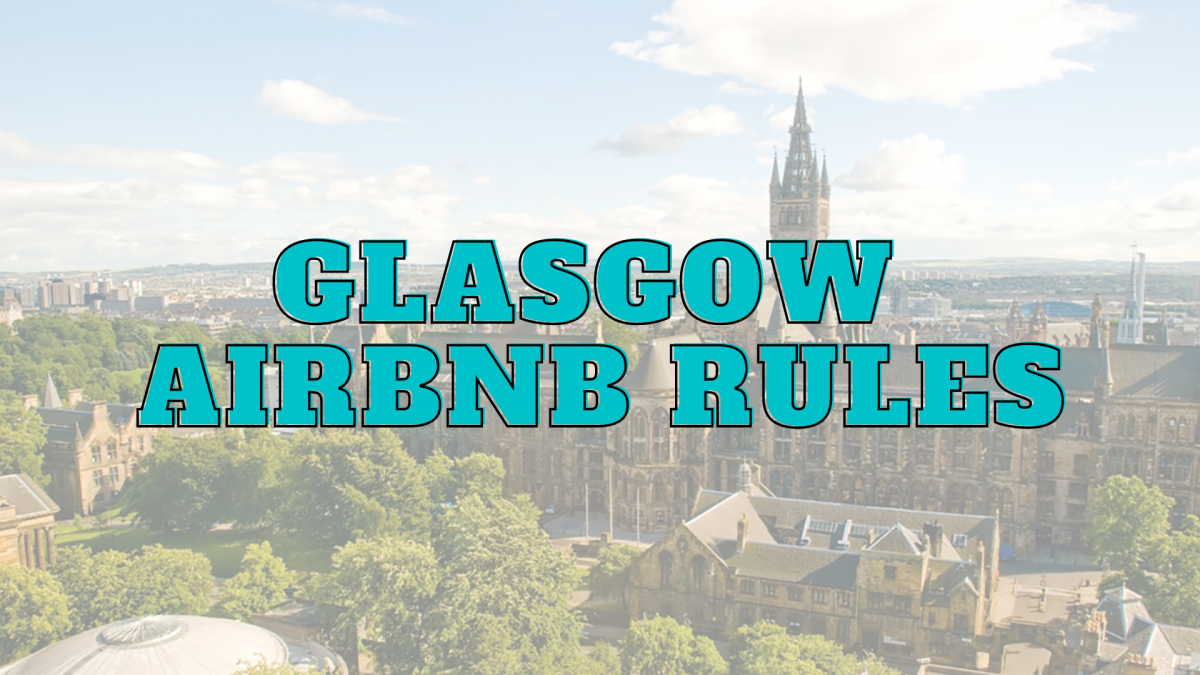Table of Contents Add a header to begin generating the table of contents Is Airbnb legal in Glasgow? Don’t worry, Airbnb is legal in Glasgow! But if you’re thinking on hosting in this city, you’d know that there are some strict regulations that you need to follow in order to host legally there. Currently, there […]
Categories
Glasgow Airbnb Rules




